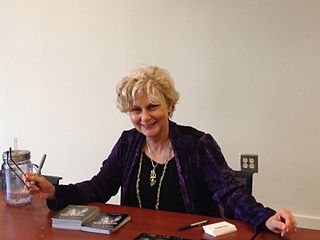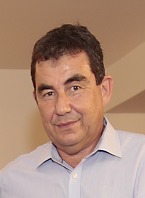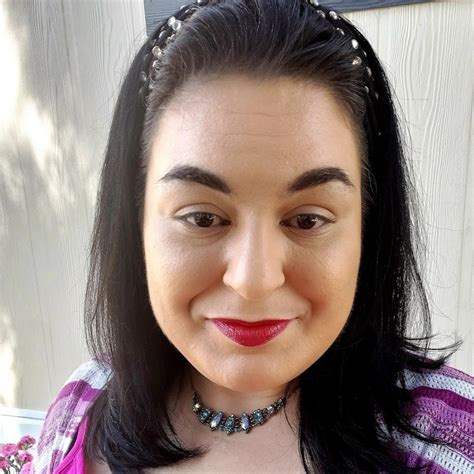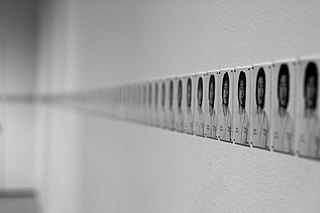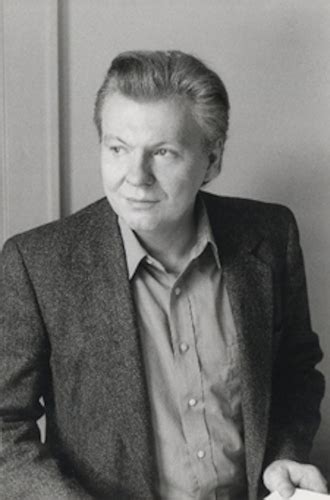A Quote by Aung San Suu Kyi
Weak logic, inconsistencies and alienation from the people are common features of authoritarianism. The relentless attempts of totalitarian regimes to prevent free thought and new ideas and the persistent assertion of their own rightness bring on them an intellectual stasis which they project on to the nation at large. Intimidation and propaganda work in a duet of oppression, while the people, lapped in fear and distrust, learn to dissemble and to keep silent.
Quote Topics
Alienation
Assertion
Attempts
Authoritarianism
Bring
Common
Distrust
Duet
Fear
Features
Free
Free Thought
Ideas
Intellectual
Intimidation
Keep
Large
Learn
Logic
Nation
New
New Idea
New Ideas
Oppression
Own
People
Persistent
Prevent
Project
Propaganda
Regimes
Relentless
Silent
Stasis
Them
Thought
Totalitarian
Totalitarian Regimes
Weak
Which
While
Work
Related Quotes
My personal credo as a libertarian conservative: I think all attempts to reform your fellow-citizens or tell them how to live their lives are arrogant and tyrannical. THAT'S why I oppose Leftism. I want people to be free to manage their own lives. Reform is just authoritarianism. People are not playthings for anybody's theories or obsessions.
For me, everything is still possible and I am as determined as ever. I believe first that the project of a people does not die. It is the project of freedom for a people, it is a project of sovereignty. And since the nation exists, it has the right to its own state. I will work to advance it in that direction.
Africa is one continent, one people, and one nation. The notion that in order to have a nation it is necessary for there to be a common language, a common territory and common culture has failed to stand the test of time or the scrutiny of scientific definition of objective reality... The community of economic life is the major feature within a nation, and it is the economy which holds together the people living in a territory. It is on this basis that the new Africans recognise themselves as potentially one nation, whose dominion is the entire African continent.
I think Americans is a very special nation that was created so that people could be free. And they could be free to believe what they wanted. They could be free to work as hard as they wanted, knowing that their labor would accrue to them and to their family, that there wouldn't be a lot of people impinging upon their freedom and telling them what they had to do, and that it would be a nation that was representative of the people, and that it would have a government that was representative of the people rather than one that tried to rule the people.
Only a few years ago did it suddenly dawn on me that my existential fear regarding my nation’s future and my moral outrage regarding my nation’s occupation policy are not unconnected. On the one hand, Israel is the only nation in the West that is occupying another people. On the other hand, Israel is the only nation in the West that is existentially threatened. Both occupation and intimidation make the Israeli condition unique. Intimidation and occupation have become the two pillars of our condition.
I know I am a human being. I can give myself to one year for a project. That is why I say I'm primitive in the way I work, especially compared to most artists. I came to New York in 1974, knowing that it is the art center of the world. But I didn't go to find people for my work. I do the work, and the people come to me, and I learn from them. That has always been my approach - to do the job first and then to respond to it after I finish and learn what people think about it. That's how I develop, and I'm more of an outsider in that way.
All attempts at law, all religion, all ethical norms might be nothing more than attempts by the weak to restrain the strong. Then, within the law, arise the new strong, who subvert the law for their own ends of power and family interest, leaving the old strong outside their circle to pursue the waiting possibilities which they call crime. The weak, the cowardly, the decent ones, live between these groups.
Marcel Duchamp, one of this century's pioneers, moved his work through the retinal boundaries which had been established with Impressionism into a field where language, thought and vision act upon one another. There it changed form through a complex interplay of new mental and physical materials, heralding many of the technical, mental and visual details to be found in more recent art... He declared that he wanted to kill art ("for myself") but his persistent attempts to destroy frames of reference altered our thinking, established new units of thought, a "new thought for that object."
I'm just gonna keep growing as an artist, and I'm excited to work with different people and learn from all these other talented, creative people that I've been around. It's so inspiring to be around other people who have ideas you haven't thought of, and all of a sudden you're like, 'Wow! That's so amazing!'







